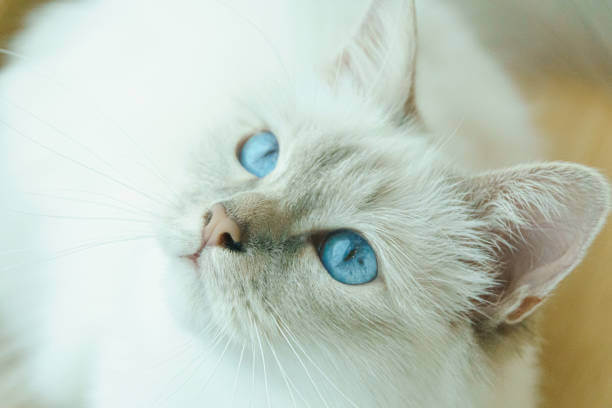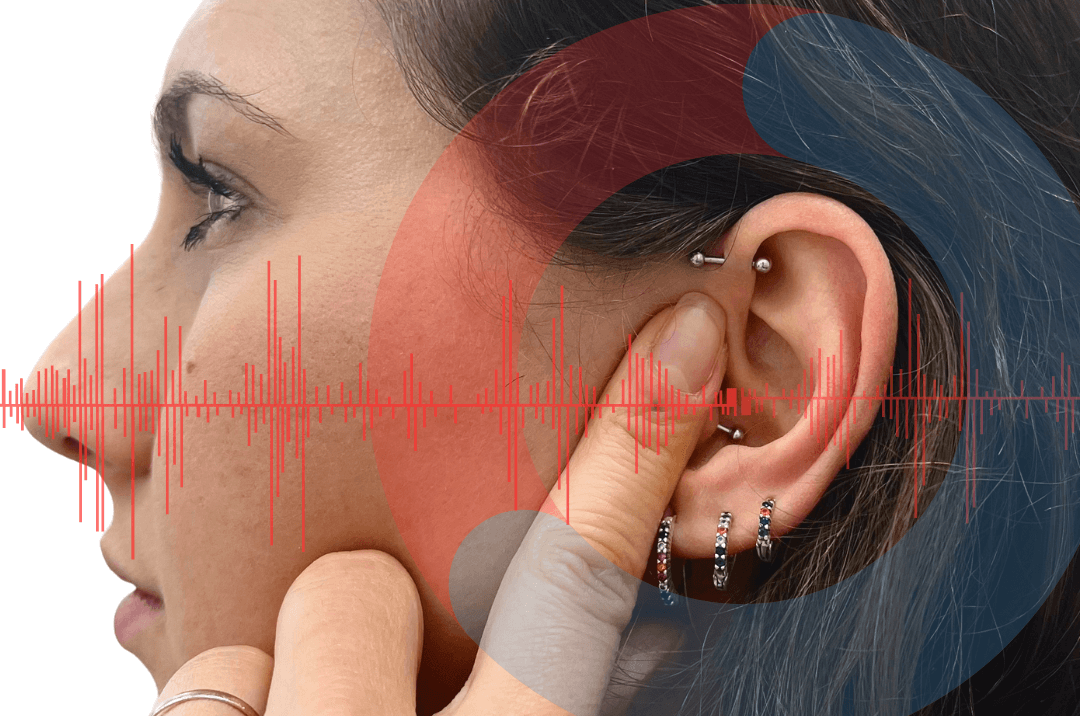
What Is Diplacusis?
Diplacusis is a rare hearing disorder in which a single sound is perceived differently by each ear. Instead of hearing
 Hunting for Prey
Hunting for PreyAs I’m sure you have gathered from big cat wildlife documentaries, cats rely on acute hearing to hunt. Whilst a domestic cat isn’t using their hearing to hunt a wildebeest or a zebra, the method is the same. Cats will wait and listen for incoming prey. They listen out for sounds such as rustling leaves and wait for the perfect moment to pounce. Cat’s ears are fine tuned for this job.
Cat’s ears catch and amplify sound waves. Because cats have cone-shaped ears, they can amplify sound waves 2-3 times. Amazingly, cats can move their ears up to 180 degrees. They can do this because they have 32 muscles in their outer ear. For comparison, we only have 6! These 3 things put together mean that cats can easily pinpoint sounds.
Cats can hear sounds from around the same level as us which is about 20 Hz. However, the upper limits of cats are much, much higher than us. For example, we can hear frequencies of up to 20,000 Hz whereas cats can hear sounds up to 64,000 Hz. That is three times higher than we can!!
 Cats with Hearing Loss
Cats with Hearing LossCats ears are similar to ours in that they have an inner, middle and outer ear. They also suffer with hearing loss just like we do. Some cats can be born with a hearing loss. Interestingly, cats who have white fur and blue eyes are at the highest risk of being born with hearing loss (around 80% of these cats) as they have a faulty gene. This faulty gene causes cochlear degeneration. Amazingly, there are hearing aids that can be purchased for cats or dogs but the majority of animals will not tolerate anything in their ear canal and they can be very pricey.
Just like with us, the most common ear irritation in cats is ear infections. These are mainly in the outer ear but can spread to other parts of the ear if the infection is left untreated. The best thing to do for your cat is to keep their environment clean and regularly check their ears for any sign of infection before it spreads. It’ important to speak to your vet if you are concerned at all about ear infections.
Unfortunately, we are unable to give your cats a hearing consultation! However if there are any owners who think they may need an appointment, you know where we are. We hope you have enjoyed our deviation from human hearing today! But please feel free to check out any of our other hearing healthcare blogs to see what we are all about.
[html_block id=”3745″]

Diplacusis is a rare hearing disorder in which a single sound is perceived differently by each ear. Instead of hearing

Whether you have children in your life or not, we’re willing to bet you’ve heard of Peppa Pig and her

Tinnitus is the perception of sound when there is no external source. It is commonly described as a ringing in